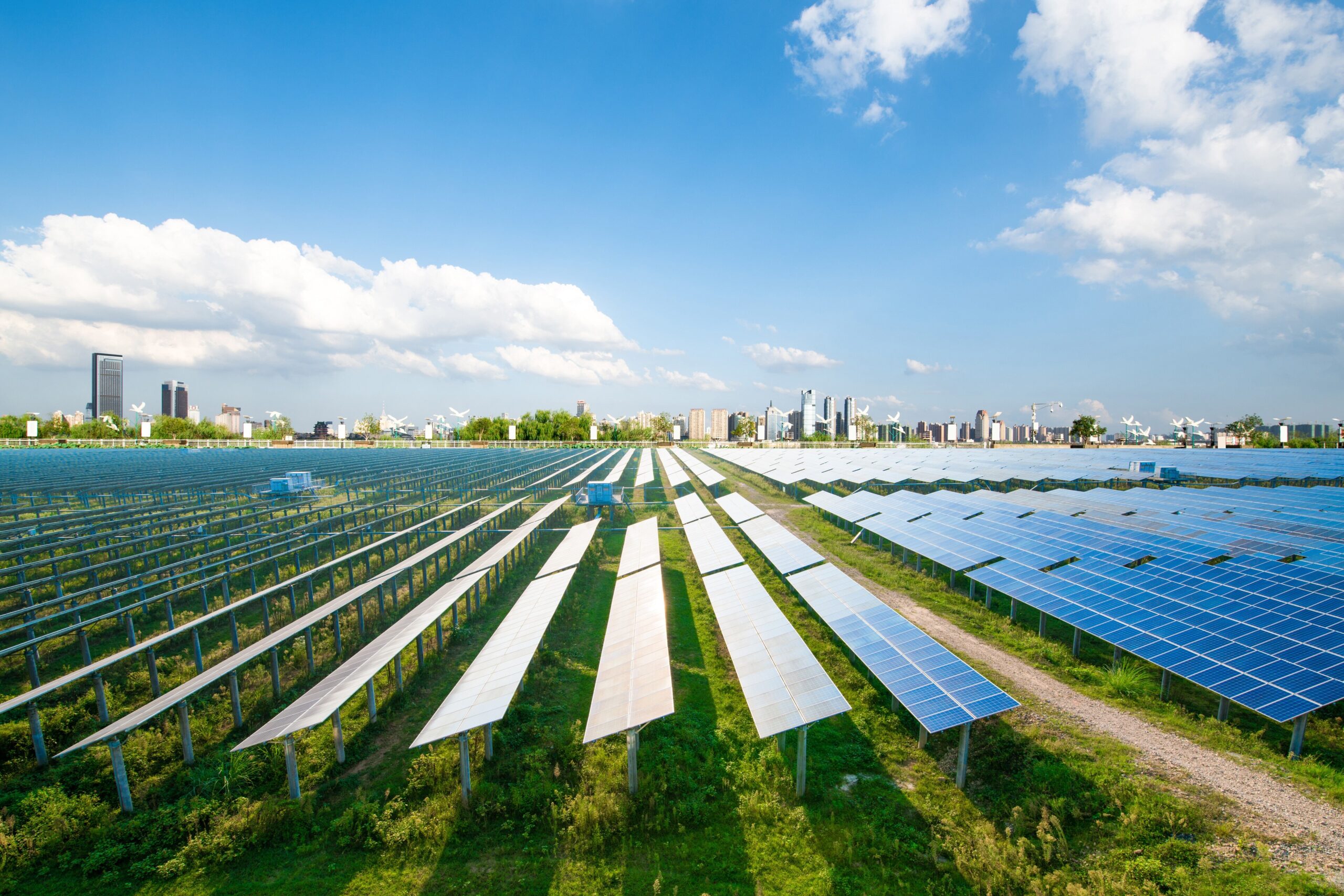India is steering its manufacturing sector towards a cleaner future. A recent report by The Energy and Resources Institute outlines an ambitious roadmap to decarbonise industry. The report reveals that industrial emissions form a significant share of national greenhouse gases. Projections indicate that adopting cleaner technologies and processes could reduce industrial carbon emissions by up to 30% by 2030. These figures underscore a vital shift in the country’s manufacturing ethos.
Key change agents
Government bodies, research institutions, and industry leaders are all driving the transformation. The Ministry of Environment, Forests and Climate Change, in conjunction with TERI, has charted actionable steps for sustainable manufacturing. Public sector enterprises are investing in modern equipment that cuts emissions. Private companies, buoyed by favourable policies, are adopting energy-efficient processes. Additionally, industry experts emphasise the role of rigorous enforcement of environmental standards in pushing the decarbonisation agenda forward.
Implementation and impact
The changes are visible across India’s manufacturing hubs. States such as Maharashtra, Gujarat, and Tamil Nadu are emerging as pioneers in sustainable industrial practices. Pilot projects in these regions have demonstrated that integrating renewable energy into production processes can lower carbon intensity by 10–15% within a few years. These early successes are prompting a wider rollout of clean technologies. Factories are increasingly replacing outdated, high-emission machinery with state-of-the-art alternatives. This shift is not just about compliance—it is about transforming the overall cost structure and competitiveness of industry.
When the transformation began
The journey towards decarbonisation is not new. Small-scale initiatives started over a decade ago. However, there has been a significant acceleration in the past five years. Policy reforms since 2018 have catalysed investment in cleaner processes and infrastructure upgrades. Industry-wide adoption of emissions tracking and reporting has also improved. The current roadmap, therefore, is rooted in long-term trends and accelerated by recent regulatory pressure and technological advancements.
Why decarbonisation matters?
Decarbonising industry has far-reaching benefits. Currently, the manufacturing sector contributes a substantial portion of India’s greenhouse gas emissions. Reducing these emissions is critical for improving air quality and public health. It also carries economic benefits by reducing the financial burden of pollution-related healthcare costs and lost productivity. Analysts suggest that a 30% reduction in emissions could save billions in future economic costs. Moreover, cleaner manufacturing practices place India in a stronger position in the global market, as international buyers increasingly favour sustainable products.
Strategies and future challenges
The roadmap emphasises several strategies. Key among these is the retrofitting of existing industrial plants with energy-efficient technologies. There is also a strong push towards integrating renewable energy sources—such as solar and wind—directly into manufacturing operations. The deployment of carbon capture and storage (CCS) is under exploration for sectors where emissions cannot be reduced by operational changes alone.
The report also highlights financial incentives and tax benefits that are encouraging industries to invest in green technologies. However, challenges remain. The initial capital expenditure for upgrading infrastructure is high. Small and medium-sized enterprises may face difficulties in adapting quickly. There is also a need for enhanced training and capacity building among industrial workers to manage and operate new systems.
Nonetheless, the collective momentum is undeniable. With government support, private sector commitment, and technological advancements, the decarbonisation pathway is becoming clearer. The industry is set to not only meet stricter environmental standards but also to lead in sustainable manufacturing practices.
India’s manufacturing sector is undergoing a significant transformation. The latest roadmap from TERI illustrates that decarbonisation is both achievable and economically beneficial. With a target to cut industrial emissions by up to 30% by 2030, the nation is mobilising government support, technological upgrades, and stringent regulatory measures. This news feature shows that while the journey is challenging—with high initial costs and the need for widespread retraining—the long-term benefits for public health, economic stability, and global competitiveness are compelling.

